Im new to java and I was wondering how i would print prime palindrome without using strings and only methods.
This is what I have so far. I want to print every prime palindrome number before 50. I did this with prime numbers only and it was working but when I added in palindrome, it did not work.
EDIT: i added in the int original = number like one of the answers says but my output is always 2,3,5,7,11 and nothing more.
EDIT2(1 more question): I changed the value up to 1000 and my output is 2 3 5 7 11 313 353 373 383 727 757 787 797 919 929. The output is correct but isn't 101, 131, 151, 181, 191 also prime palindrome numbers? Why are they not included in the output?
public class primePalindrome {
public static void main (String[] args) {
Scanner input = new Scanner(System.in);
System.out.println("Enter a number");
int num = input.nextInt();
System.out.println("The prime palindrome numbers are \n");
printPP(num);
}
public static void printPP(int numberOfPP) {
final int NUMBER_OF_PP_PER_LINE = 10;
int count = 0;
int number = 2;
while (number < numberOfPP) {
if(isPrime(number) && isPalindrome(number)) {
count++;
if (count % NUMBER_OF_PP_PER_LINE ==0) {
System.out.printf("%-5s\n", number);
}
else
System.out.printf("%-5s", number);
}
number++;
}
}
public static boolean isPrime(int number) {
for (int divisor = 2; divisor <= number / 2; divisor++) {
if (number % divisor == 0) {
return false;
}
}
return true;
}
public static boolean isPalindrome(int number) {
int reverse = 0;
int n = number;
for (int i = 0; i <= number; i++) {
int remain = number%10;
number = number/10;
reverse = reverse*10+remain;
}
if (reverse == n) {
return true;
}
}
return false;
}
}
